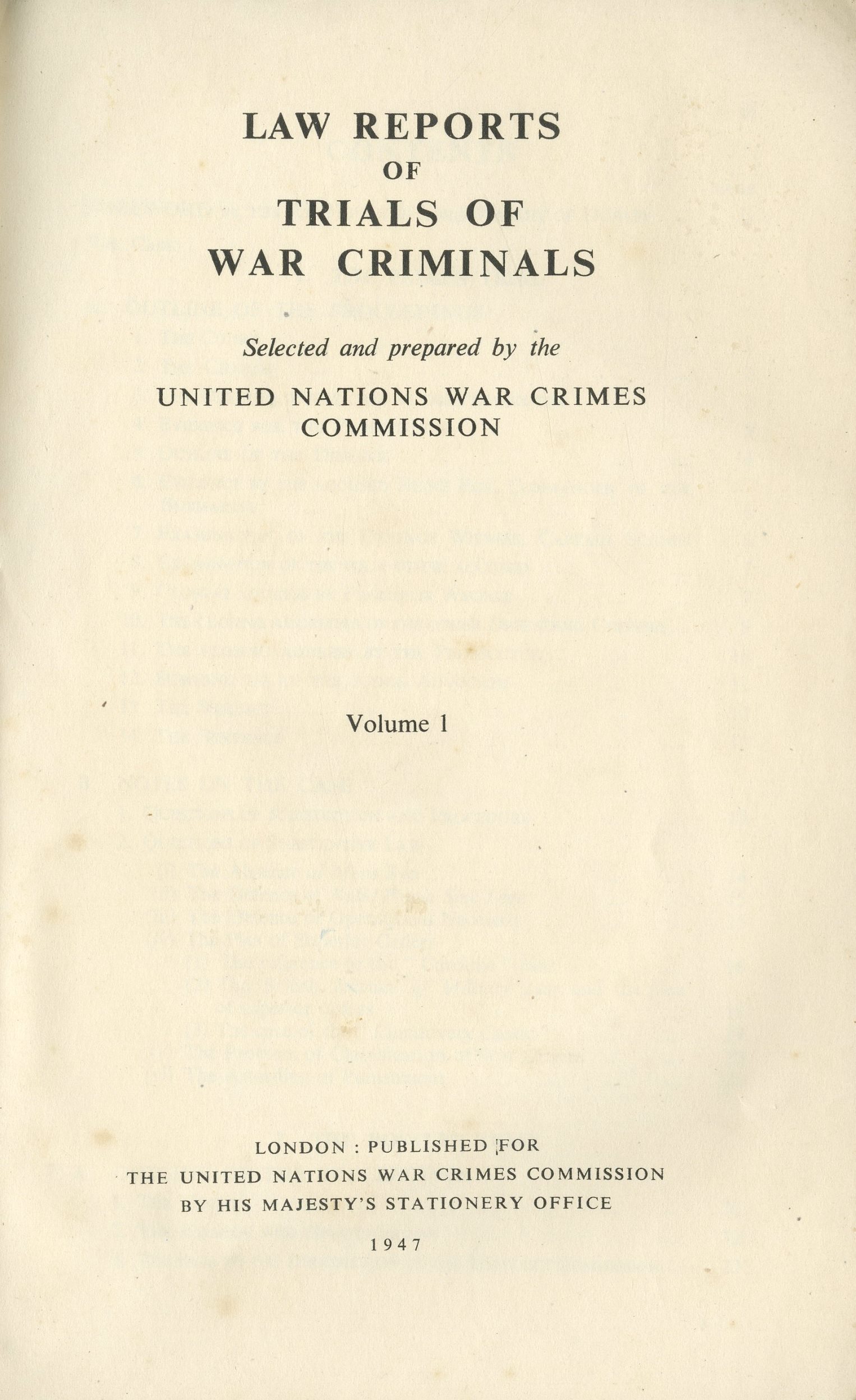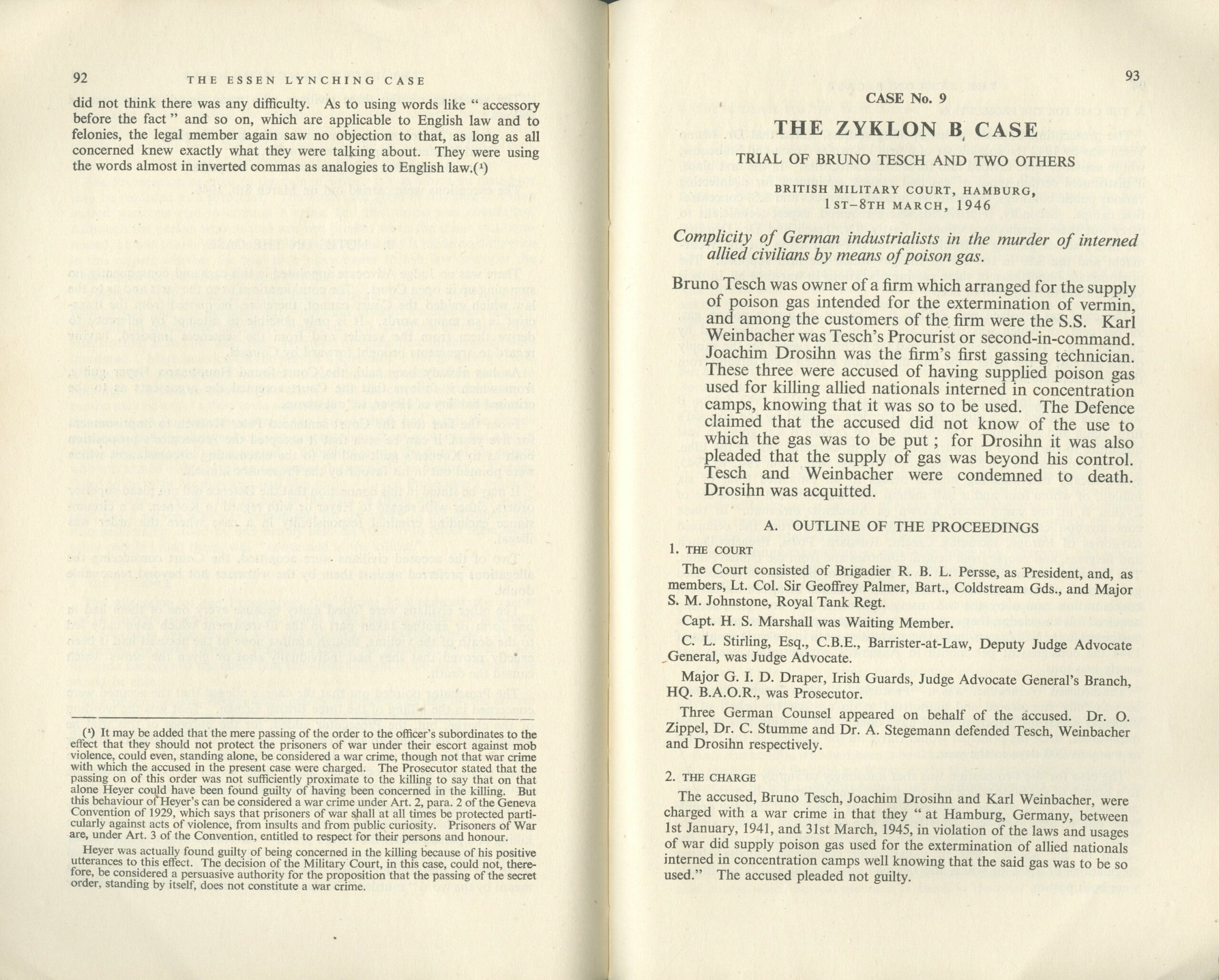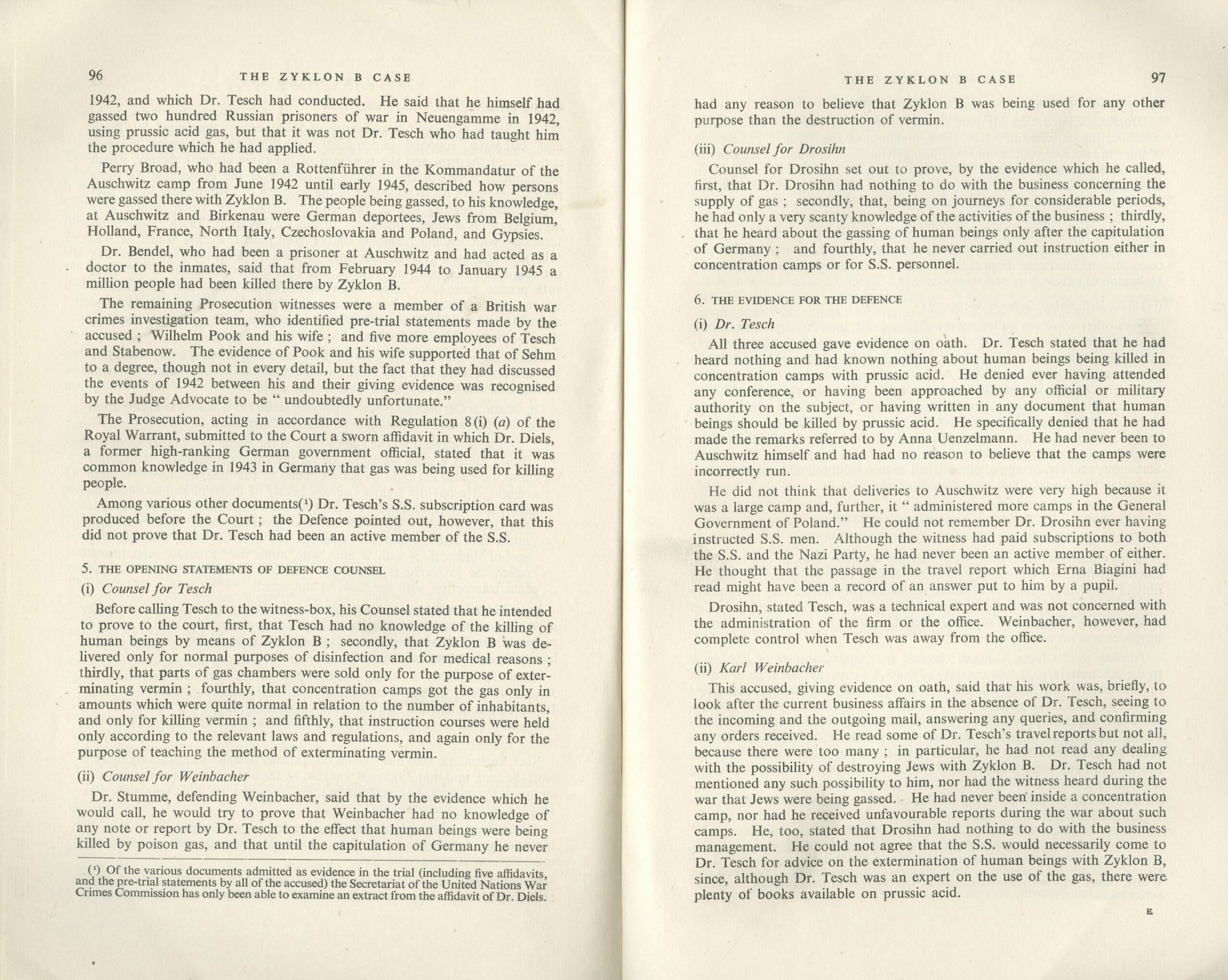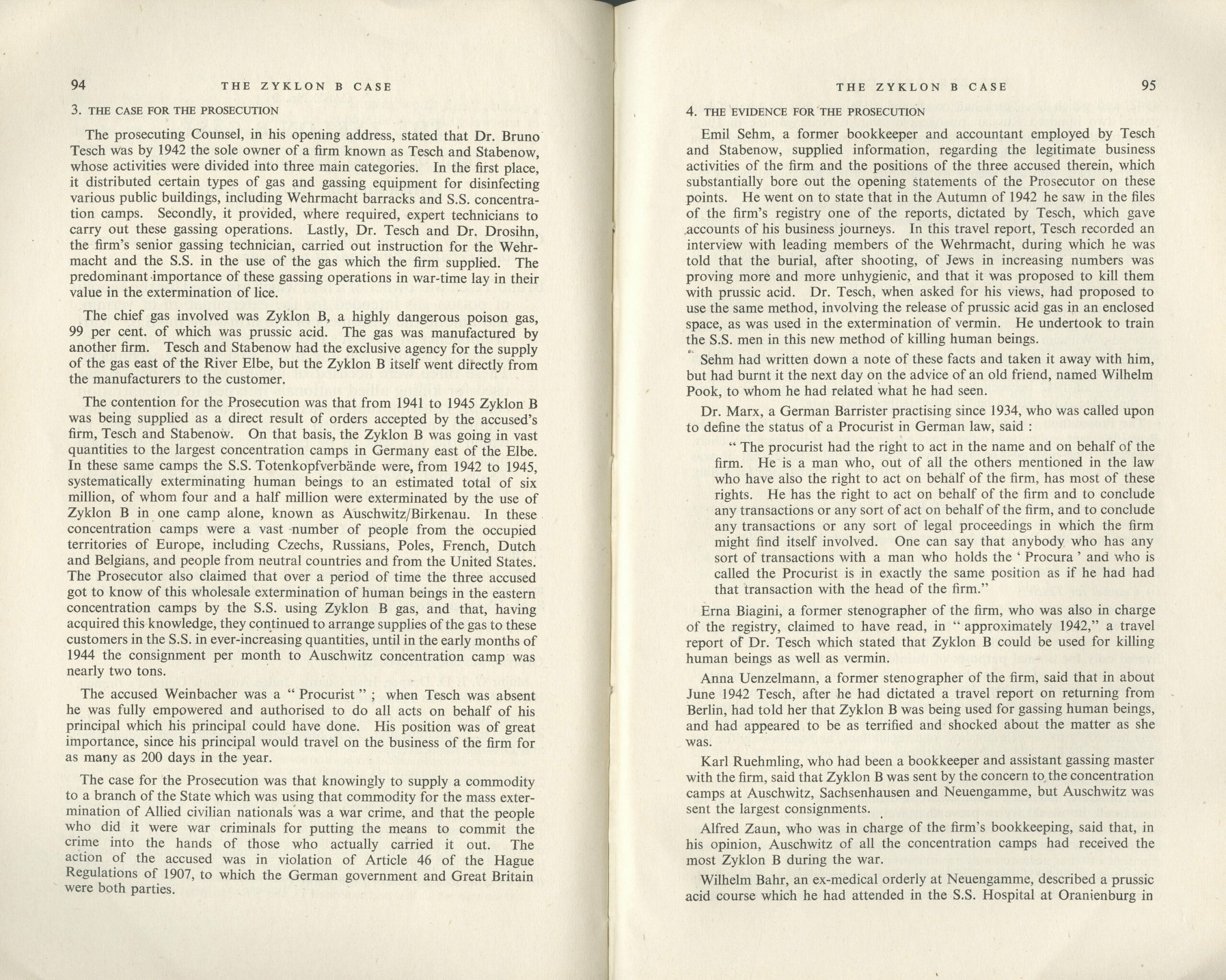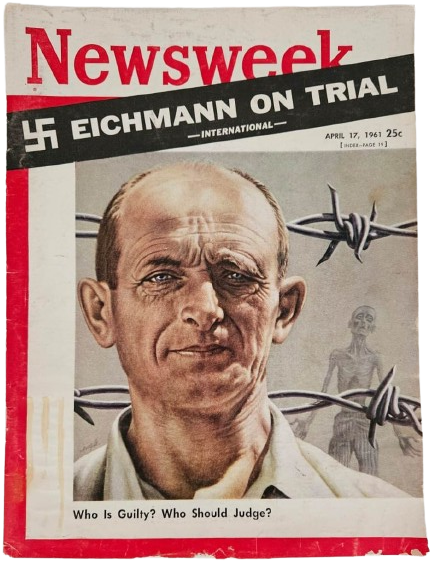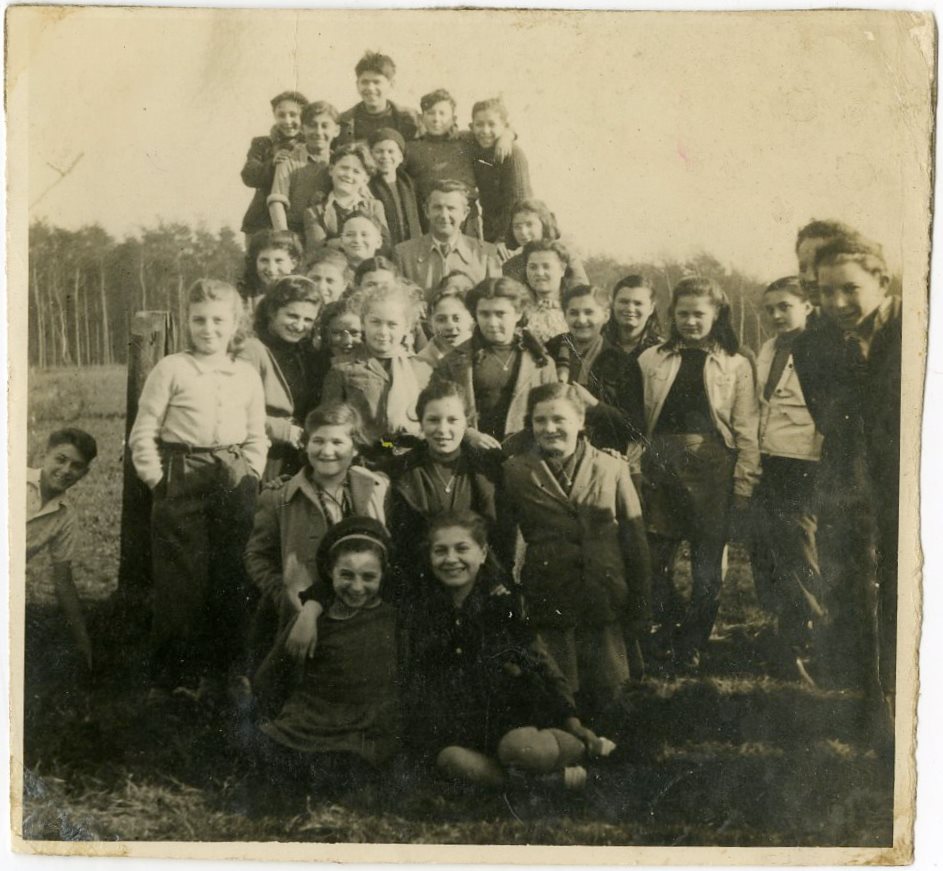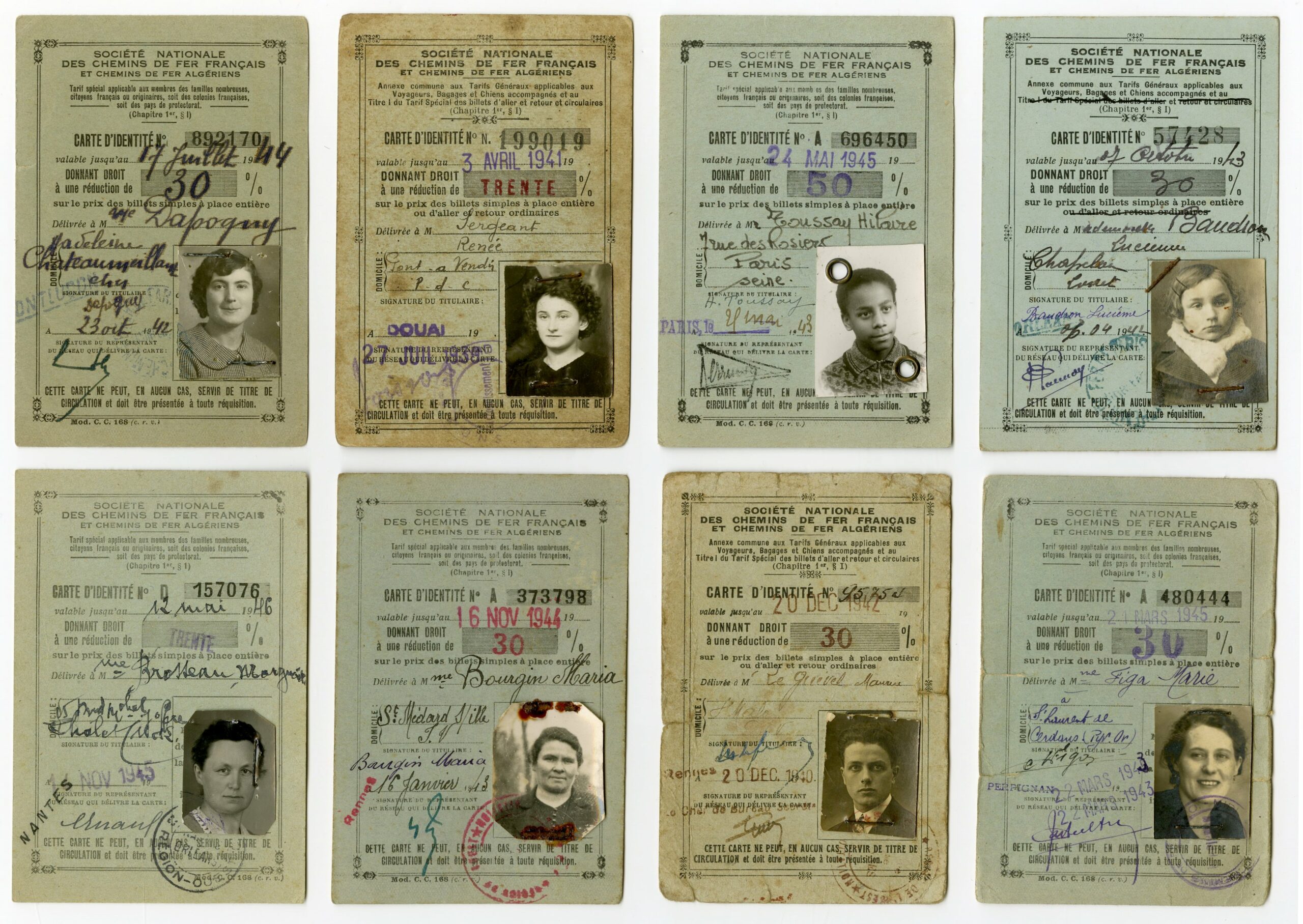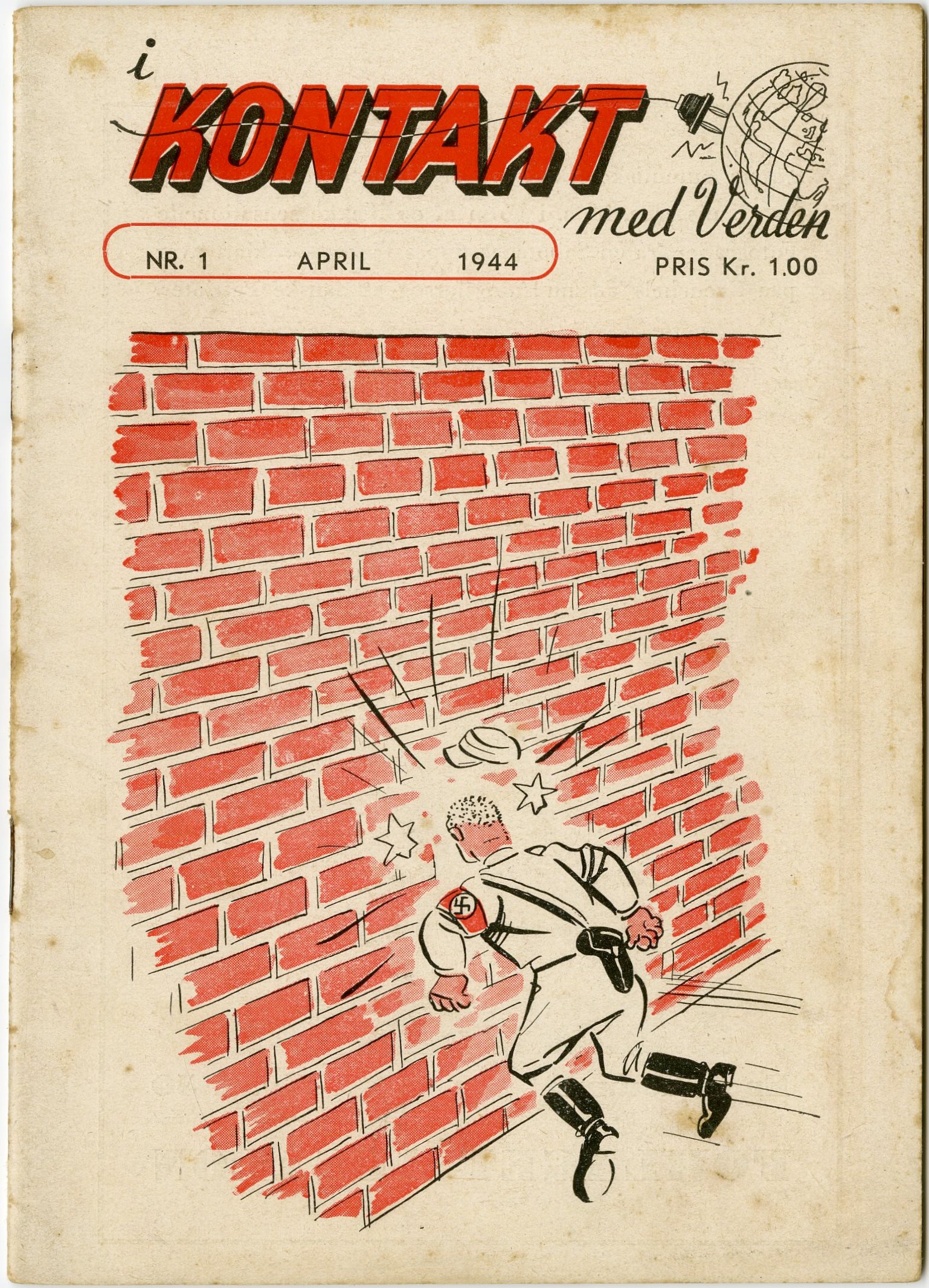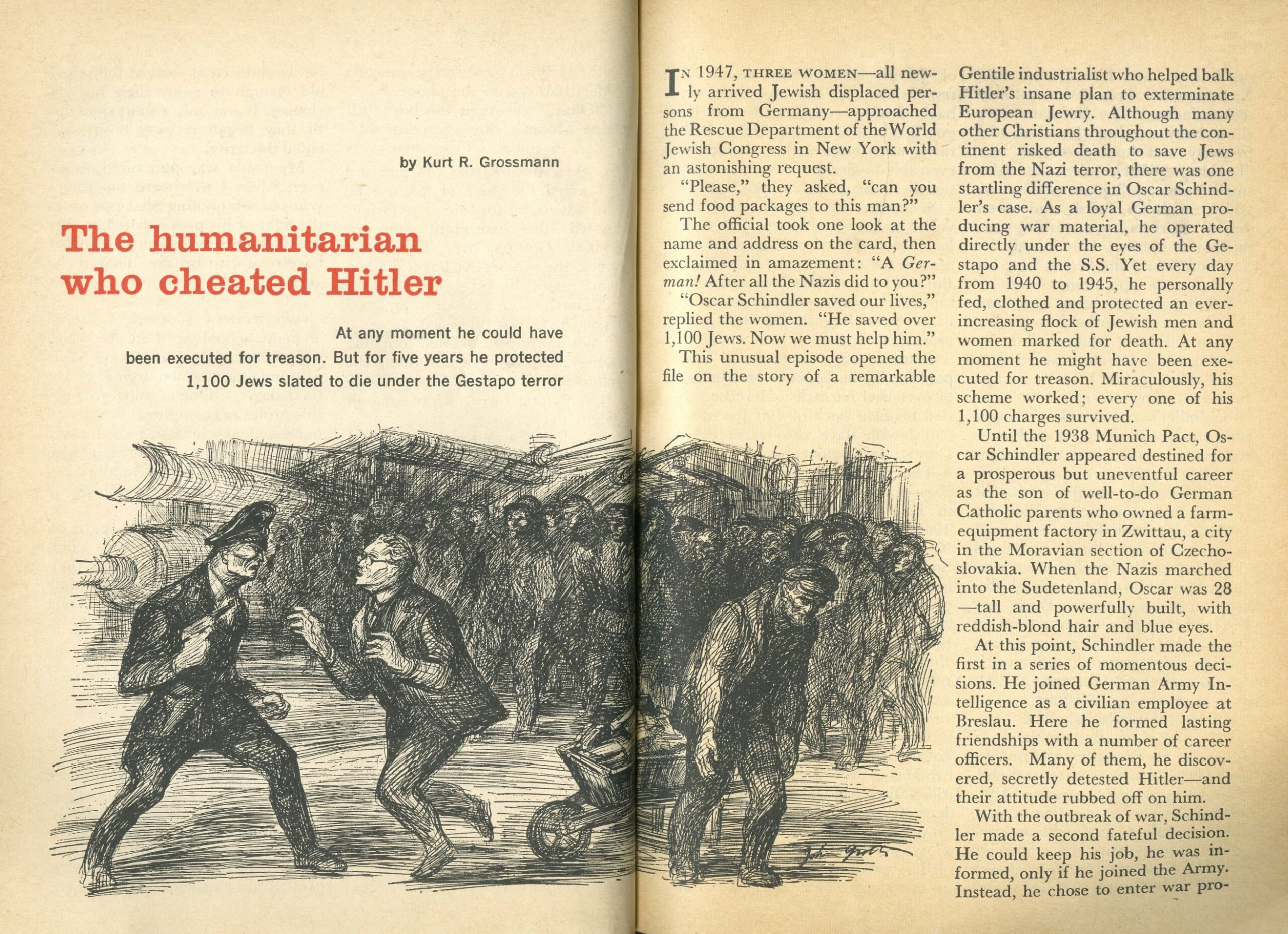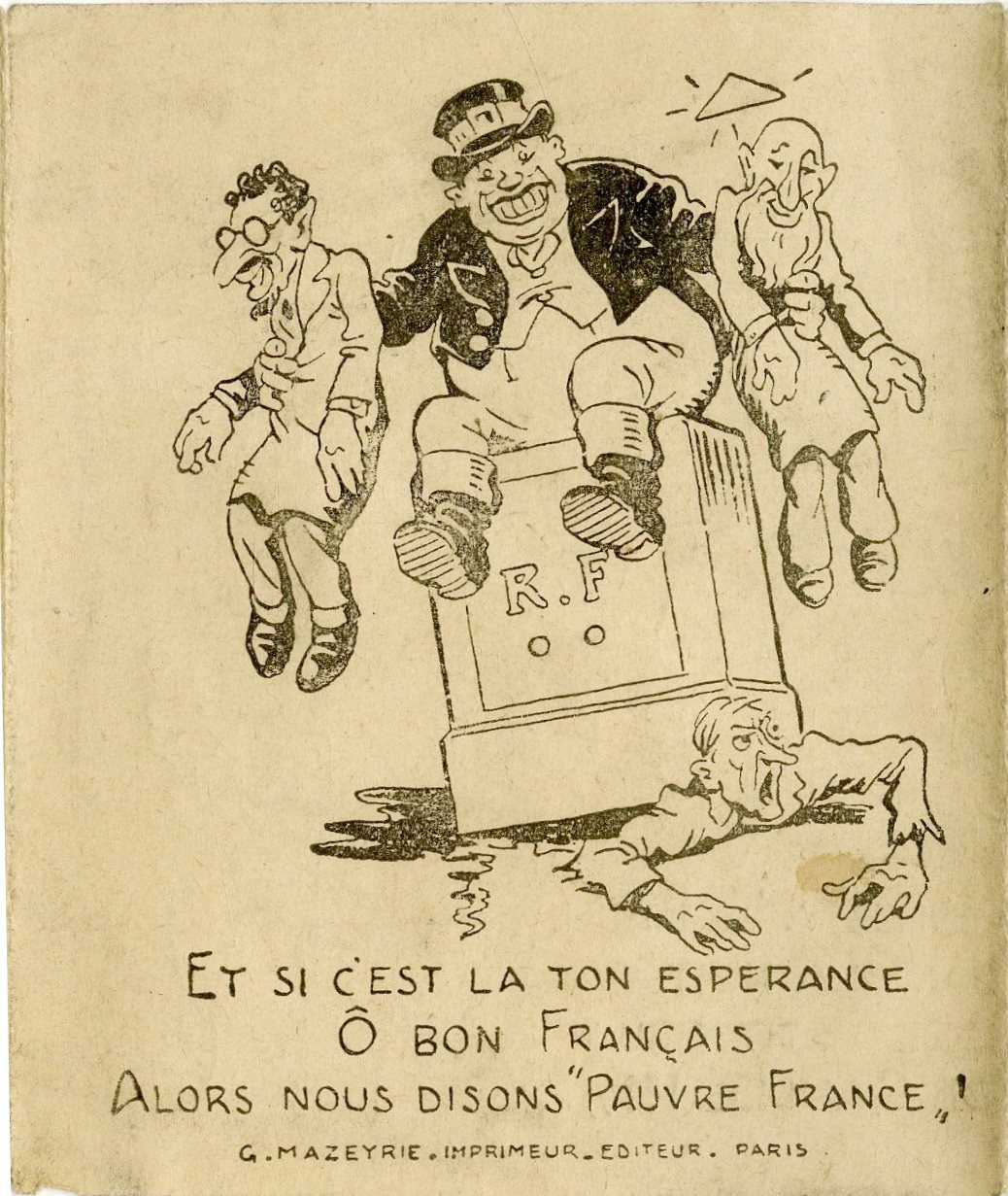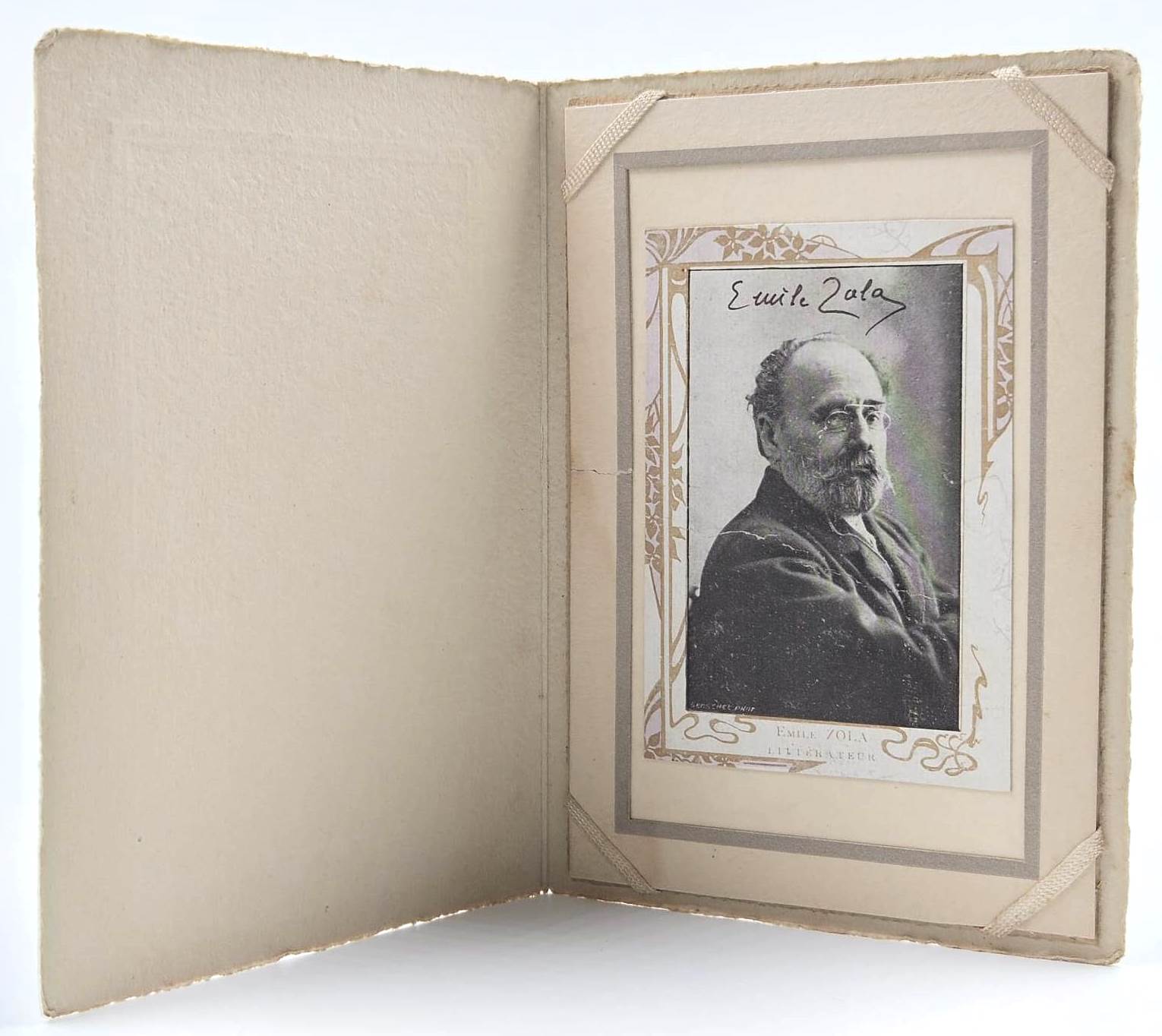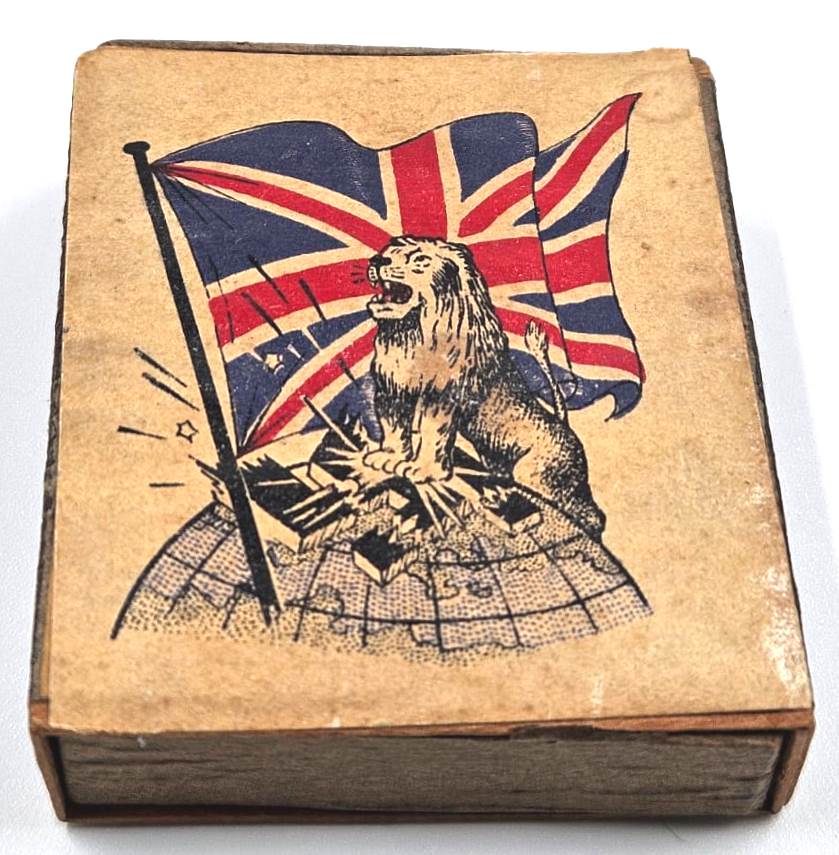Law reports of trials of war criminals - Prepared by the United Nations War Crimes Commission, published by United Nations War Crimes Commission By His majesty's Stationery office. London, 1947 First volume of the Nuremberg trials legal report including the trial proceedings on the Nazis' use of Zyklon B gas for mass killing. English.
This is the first volume of the trial report, which was sent to print even before the verdict of the International Military Tribunal in Nuremberg was published. Here appear reports on six cases tried by British military courts and three cases tried by United States military commissions. The charges include offenses against prisoners of war, massacre of survivors attempting to escape from a torpedoed ship, poisonous gas used on prisoners in concentration camps, large-scale killing by poison carried out by medical staff in a sanatorium, and similar crimes. The important part of the report is the "Zyklon B case" detailing the Nazis' use of the poisonous gas for mass killing in the death camps. Among the defendants in this case: Heinz Eck, George Otto Sandrock, Alphons Klein, Dr. Adolf Wollman, Philip Bloom, and others.
The part dealing with the Nazis' use of Zyklon B gas extensively reviews the trial of Bruno Tesch (1890-1946) "and two others" - (Gerhard Peters and Walter Heerdt). The case was tried by the British Military Court in Hamburg on March 8, 1946. Bruno Tesch was the owner of Tesch & Stabenow, a pest control company he founded in 1924 with Paul Stabenow in Hamburg, which was the main supplier of Zyklon B gas to the Nazi extermination camps. The company's chief gas technician was Joachim Drosihn and among the office's customers was S.S. Karl Weinbacher. The three were accused of supplying poisonous gas used to kill civilians in concentration camps, with a clear knowledge that the gas they were supplying served this purpose. The defense argued that the defendants did not know about the use of this gas for the purpose of murder. Regarding Drosihn, it was also argued that the supply of the gas was not under his control. Tesch and Weinbacher were sentenced to death. Drosihn was acquitted. The report provides a full transcript of the shocking indictment detailing all the stages and places through which the gas cans passed from the moment of production, until they reached the Wehrmacht barracks in the camps and how they were used for mass murder. The prosecution showed how over a period of time the three defendants learned about this wholesale extermination of human beings in the Eastern concentration camps by S.S. instruction using Zyklon B gas, and that after acquiring this knowledge, they continued to arrange the supply of the gas to these S.S. customers in increasing quantities, until in the first months of 1944 the monthly shipment to the Auschwitz concentration camp amounted to almost two tons. Moreover, testimony was taken from Tesch's accountant Emil Sehm who said that in the fall of 1942 he saw in the office registry files one of the reports, dictated by Tesch, that recounted his business trips. In this travel report, Tesch documented an interview with leading Wehrmacht members, during which he was told that the burial, after shooting, of Jews in increasing numbers was proving more and more unhygienic, and that it was proposed to kill them in Prussic - a type of acid. Dr. Tesch, when asked for his views, suggested using the same method, involving the release of prussic acid gas in a closed space, as was customary in vermin extermination. He undertook to train the S.S men in this new method of killing human beings. Sehm made a note of these facts and took it with him, but burned it the next day on the advice of an old friend, Wilhelm Pook, to whom he told what he had seen. Additional testimonies were also received from people who witnessed the chain of transfer of Zyklon B gas until it reached the camps.
The prosecution's main argument was that Zyklon B gas was used "for the systematic extermination of human beings whose total number stands at 6 million, of which 4.5 million were exterminated by Zyklon in the Auschwitz/Birkenau camp alone. (The figure of 4.5 million victims was based on Soviet estimates published immediately after the war). The argument was that Tesch supplied poisonous gas used for the extermination of many human beings, headed by the Jews, and violated the laws of war, "contrary to Article 46 of the Hague Convention of 1907". Tesch was executed on May 16, 1946 by hanging in Hamelin prison.
XI, 127 p. Stains on cover. Good condition.

